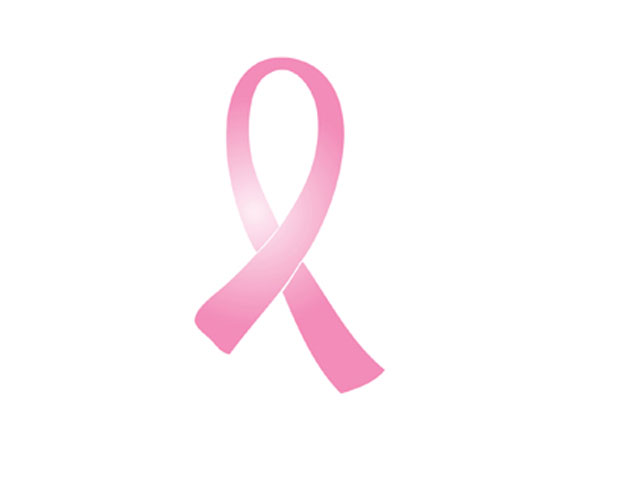The Importance of a Mammogram and The Best Breast Health

A recent poll by Ipsos-Reid found that nearly half of women surveyed didn’t know that mammograms are the best way to check for breast cancer (34 per cent thought it was self-examination).
Those results surprised Gillian Bromfield who is senior manager of cancer control policy for the Canadian Cancer Society (the survey was completed in its Ontario division).
“One of the messages we’ve been trying very hard to share for years now, is that it is important for you to know what’s normal for your body, and that includes your breasts, but the best way to check for breast cancer really is through mammograms, in that 50 to 69 age range,” she affirmed. Bromfield says that mammography screening has been shown to save lives in that age group and a mammogram every two years, starting at age 50, is recommended for women of “average risk.” Those outside that range but with a family history of cancer, particularly pre-menopausal breast cancer and ovarian cancer, may be at higher risk and should talk to their doctor about screening and genetic counseling as gene mutations may increase risk.
And it’s not all about lumps and bumps Bromfield asserted. “It is very important for women to understand what’s normal for them and if they do find a lump it’s important for them to go to their doctor. But not finding a lump doesn’t mean you’re safe,” she said. Mammography can detect a growth as small as an apple seed that you might not through self-examination. The Canadian Cancer Society encourages women to know what’s normal with breast health information on its website.
The Cancer.ca site also includes information about risk factors in addition to family history, including:
- Have never given birth or giving birth for the first time after age 30
- Began menstruating at a young age
- Reached menopause later than average (age 51)
- Have taken hormone replacement therapy (estrogen plus progestin)
As well as risk reduction recommendations:
- Limit the amount of alcohol you drink
- Be physically active
- Maintain a healthy body weight
Bromfield also says that diets high in fruit and vegetables may reduce risk and recommends reviewing the Eat Well, Be Active brochure for cancer prevention tips. Women looking for information about breast health, up-to-date screening recommendations and other support services like a volunteer transportation program that gets patients to and from their treatment appointments, can call the Cancer Information Service at 1-888-939-3333 or visit www.cancer.ca.
According to the Canadian Community Health Survey in 2008, 72 per cent of women aged 50 to 69 reported having had a mammogram in the last two years. However, only 54 per cent women in Ontario (aged 18 to 69) think it’s the best way and about that, Bromfield says “We’ve got lots of work to do.”
-Tara Losinski